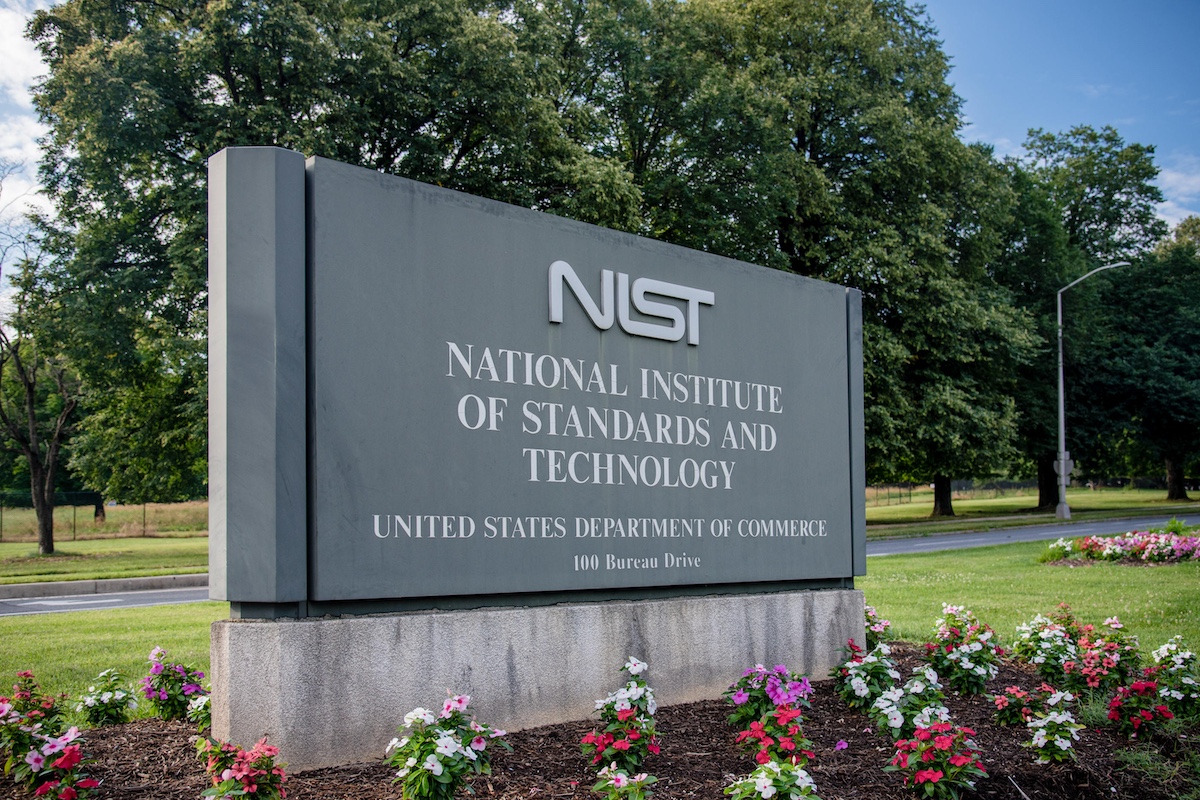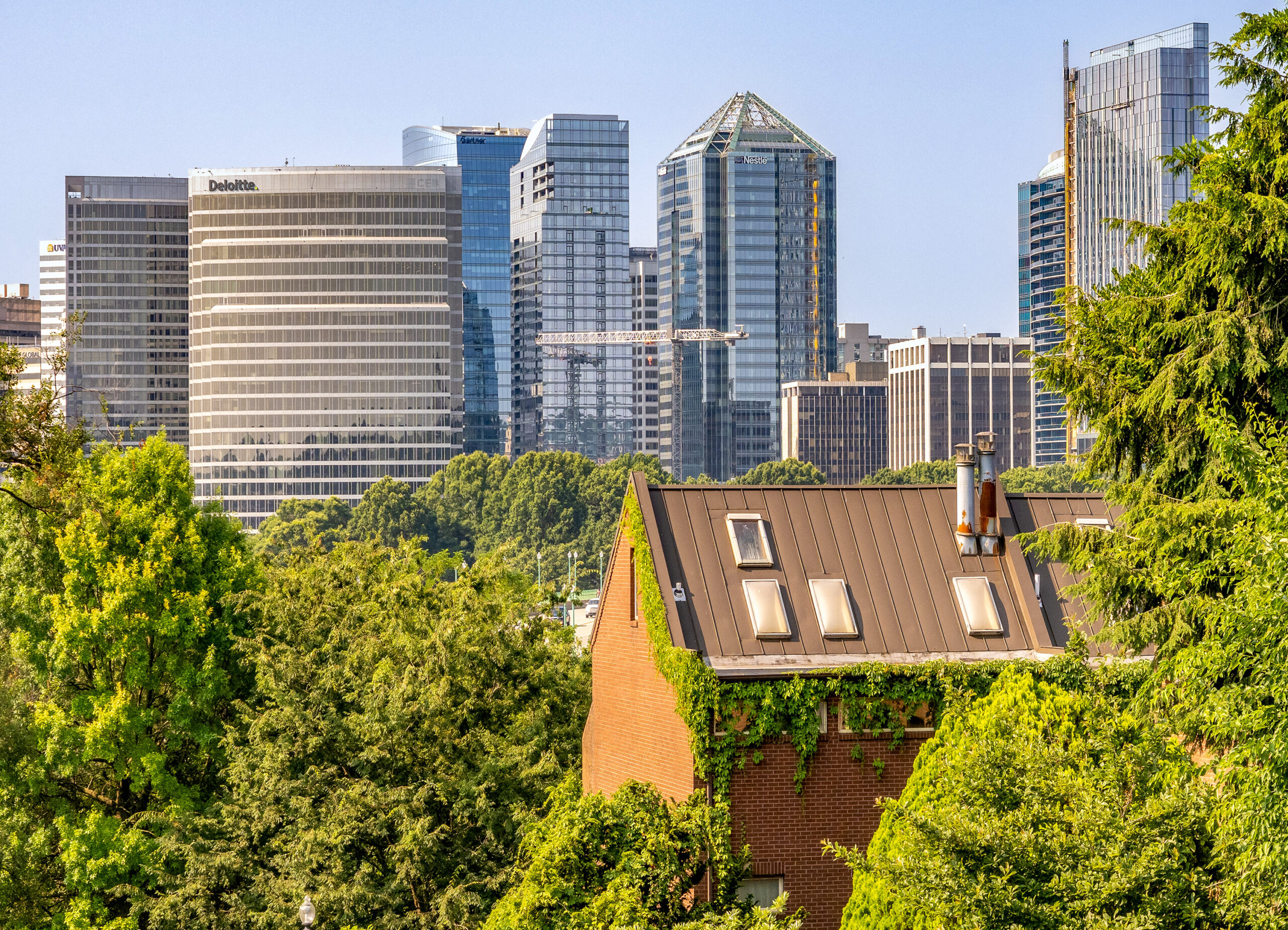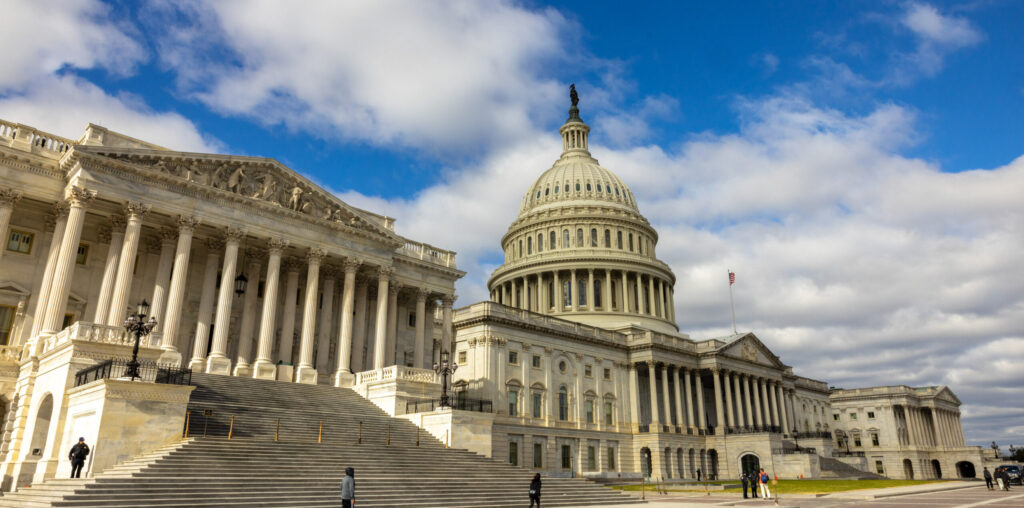- The DMV region boasts a robust tech ecosystem with significant venture capital investment and robust job availability. Within the broader area, the three regions have different strengths.
- In the District of Columbia, there’s a focus on cybersecurity, policy-related technologies, and software development. The US government’s large presence makes for a strong B2B and B2G environment.
- Maryland excels in biotech, aerospace and quantum computing, and is supported by major federal research centers and state-level organizations that provide funding and business assistance to startups.
- Virginia is a center for defense technology, data infrastructure, and software development, attracting multinational tech giants and becoming a hub for the US data center boom.
- TThere’s a strong sense of community across all three, through regular events and conferences that promote networking and collaboration among entrepreneurs and tech professionals.
The DMV region is a bustling hub of innovation and technology.
Home to more than 6 million people, it extends across three jurisdictions: the District of Columbia, the Maryland suburbs and Northern Virginia. Each brings unique anchors that define a robust tech ecosystem.
How robust? Tech job postings in the Washington DC area outpaced even New York City in early 2024, according to industry trackers. Across many small firms and a sizable number of global companies, the region counted more than 270,000 tech industry jobs in 2023. That’s more than triple the similarly sized Philadelphia metro area, and nearly double the Atlanta region’s count. On the funding side, venture capital investment saw a much less dramatic post-pandemic drop in the DMV than the national average, per PitchBook data, with close to $5 billion invested in 2023.
Several factors contribute to this innovation economy strength, but the most obvious is proximity to the center of the United States government and the action on Capitol Hill.
Dozens of big-budget federal agencies, from the Pentagon to the Department of Energy, regularly contract with tech firms in the private sector. In part because of this dynamic, the majority of the region’s successful startups are B2B (business to business) or B2G (business to government), though there are plenty of founders with consumer-facing ideas, too.
The catalyzing power of government funding in the region is amplified by its wealth of major academic institutions. Public and private universities across the geographies conduct key research, spin out companies and generally prime people for the innovation workforce.
Community is another strength. Recurring events like DC Tech Meetup and Unstuck Tuesdays foster connection and collaboration, as does the annual DC Startup Week. This multi-day convening not only connects DMV entrepreneurs, it also draws attendees from around the country for tech and business-related workshops and discussions.
With an economy that lets both startups and tech giants thrive, the DMV has been called the “Silicon Valley of the East.” And each geographic zone shines in its own way.
District of Columbia: The nation’s center for power and policy
If someone from outside the region asks a founder or funder where they’re based, they’ll almost always answer “DC” even if they’re really in Maryland or Virginia.
But a lot of tech and entrepreneurship activity does happen within the city limits of the US capital. Startups in DC include firms focusing on cybersecurity, SaaS, policy-related products and more.
Software development jobs in the district have grown in the past decade, increasing by 53% between 2014 and 2023, according to Lightcast data. Those workers are paid more than double the global average, per Startup Genome’s 2024 report. That study ranked DC the 12th best startup ecosystem globally, surpassing all of the US besides Silicon Valley, New York City and Boston.
District government has its own council dedicated to technology and innovation under the Office of the Deputy Mayor for Planning and Economic Development. The council has published work like the 2023 Pathways to Inclusion report, which broke down the city’s tech assets, accomplishments and quantitative benchmarks to make recommendations on moving toward a more equitable and robust sector.
This is the place where national tech policy gets developed.
Plus, this is the place where national tech policy gets developed — setting standards or implementing programs that determine how employers and employees and creators and consumers interact with emerging technologies. For example, the Biden administration in 2023 put out an executive order calling for AI safety standards to be established throughout public and private sectors, and that same year the Economic Development Administration launched its Regional Tech Hubs program to pump millions of dollars into developing ecosystems throughout the country.
That policymaking power brings lobbying activity. Tech companies spent more than $300 million on those efforts in 2023, with $74 million of it coming from giants Amazon, Alphabet, Meta, Apple and Microsoft. These big tech companies aren’t just sending envoys to persuade lawmakers — they’re establishing roots, taking up a combined 791,000 square feet of city office space in 2023.
Lobbyists are also moving into the venture capital world, which has been growing in DC. Silicon Valley powerhouse Andreessen Horowitz in 2024 announced plans to set up an office in the district, and lobbying firm J.A. Green & Co. announced a partnership with local investment firm Anzu Partners to create a new $100 million fund for defense technology.
Local universities also bolster the DC innovation scene. Georgetown has an Entrepreneurs In Residence program where students can get one-on-one mentorship from business leaders. American University offers a graduate certificate in entrepreneurship, as well as an incubator and other programming via its Veloric Center for Entrepreneurship and Kogol School of Business. Howard University collaborated with PNC to launch the PNC National Center for Entrepreneurship.
There are also several accelerators housed in the district, including the social impact-oriented Halcyon Incubator, the disabled founder-focused 2Gether-International and a local edition of Techstars, the nationally active early-seed funding firm.

Maryland: A major player in biotech and aerospace
What section of Maryland is considered the DMV? Most typically, Montgomery and Prince George’s counties, which directly border the district. Some definitions also incorporate the counties of Calvert, Charles and St. Mary’s that stretch along the waterway south of the capital.
Sectors that flourish here include aerospace, biotechnology and quantum computing.
The area is home to both NASA’s Goddard Space Flight Center — considered the nation’s largest organization of space-focused technologists — and the headquarters of Lockheed Martin, a global aeronautics company that does most of its business with the Department of Defense and other federal agencies.
The section of Interstate 270 that runs from Bethesda to Gaithersburg has long been called “DNA Alley,” ever since the Human Genome Project launched there inside the headquarters for the National Institutes of Health. The Food and Drug Administration is also located nearby, as are the offices of the National Institute of Standards and Technology.
State-level organizations play a big role in boosting the Southern Maryland innovation ecosystem.
State-level organizations also play a big role in boosting the Southern Maryland innovation ecosystem. The Maryland Tech Council, a major trade association, hosts an industry awards ceremony, an annual conference and other events throughout the year. TEDCO, the Maryland Technology Development Corporation, regularly provides early-stage funding and business assistance to startups in the region.
Private sector giants like Adobe, Raytheon and Capital One all have a presence at the University of Maryland Discovery District, which also houses university startup spinouts like the quantum computing firm IonQ and federal offices including the NOAA Center for Weather and Climate Prediction.
Software development jobs in Montgomery and Prince George’s counties grew over the past decade, increasing in number between 2014 and 2023 by more than 25%, according to Lightcast workforce data.
Virginia: A locus for defense tech, data and developers
A collection of jurisdictions make up the “V” in the DMV. It’s typically considered to include Arlington County, Fairfax County, the City of Falls Church, the City of Alexandria, Prince William County, the City of Manassas Park and Loudoun County
Defense, aerospace and cybersecurity make up a great deal of the area’s tech and startup activity.
The Pentagon, perhaps Northern Virginia’s most visible federal agency, announces millions of dollars in contracts on a daily basis. Northrop Grumman is headquartered there, designing and developing missile defense and intelligence tech.

In the private sector, multinational tech giants have established a presence in Virginia. In 2018, Capital One relocated its headquarters to McLean and remains a top employer in the region. Amazon, another major employer, opened its second headquarters in Arlington in 2023.
That same year, Arlington was dubbed the nation’s smartest city by Forbes (DC came in third), with 76% of adults over 25 holding a bachelor’s degree. The same report, however, noted a major racial attainment gap; less than 1 in 7 of degree-holders were people of color.
The Northern Virginia Tech Council, similar to the Maryland Tech Council, is a trade association connecting startup founders, Fortune 100 executives, students, nonprofit heads and many others in between.
Software development jobs in Northern Virginia have skyrocketed.
Software development jobs in the region skyrocketed between 2014 and 2023, with Arlington and Loudoun counties’ numbers increasing more than 90%. And while Fairfax County didn’t grow quite as fast, it was already big — its 30,000 developers in 2023 outpace other areas in the DMV by far.
Fairfax is home to George Mason University, which operates a Center for Innovation and Entrepreneurship and is known for both business and technology education. Though delayed by supply chain issues, the Virginia Tech Innovation Campus is slated to open in Alexandria, in the same complex as a branch of Amazon’s HQ2.
Northern Virginia has also become a hub of the US data center boom. More than 300 such facilities were active in the region 2024, handling around 70% of the world’s internet traffic. Amazon Web Services operates more than 50 of them, and with generative AI processing increasing demands, Google announced it was investing $1 billion in building more.

